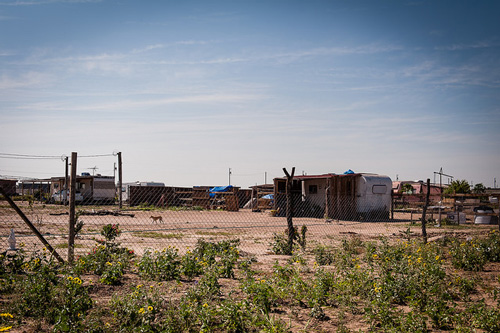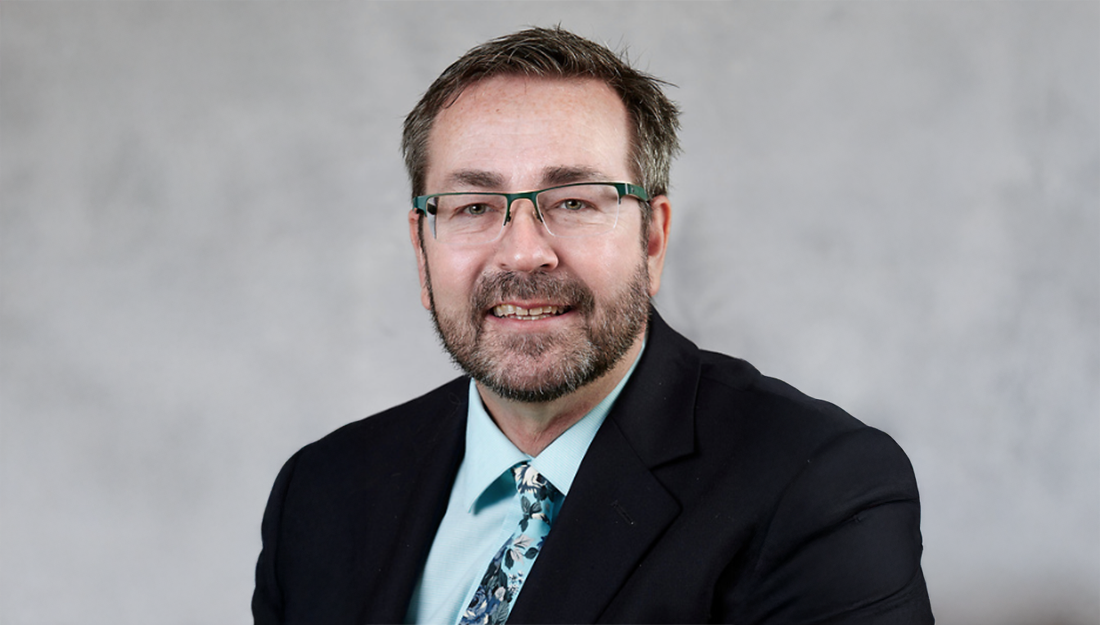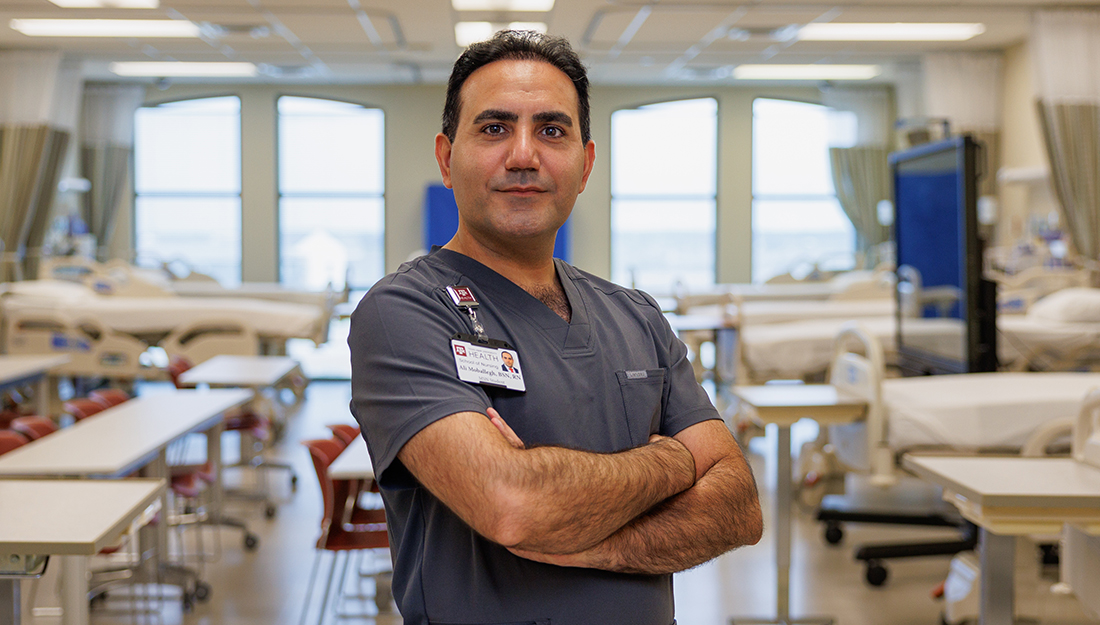Colonias Bound: An expedition into preventative health care
Terms like “settlements” and “colonies” are often only used to describe frontier-type communities in history books. But in the case of the Texas Colonias, these descriptions ring true today. These unregulated settlements often lack access to the most basic potable water and sewer services. Per capita annual income is much lower than the state average, sometimes as low as five to six thousand dollars annually, and basic health care is difficult to find, let alone afford.
This month, the Texas A&M Health Science Center is teaming up with Texas A&M University Colonias Program and Texas A&M International University College of Nursing and heading to the Laredo Colonias to bring both resources and public education to those living in the Texas border communities. Ten nursing students will participate as part of a course entitled: Care of Vulnerable Populations. This course helps students understand how best to communicate and treat people who are in situations that make them particularly susceptible to disease and health issues.

Why is the Colonias so vulnerable? It’s often said that your history gave you your identity. In the case of the Texas Colonias, this is certainly true. Developers took agriculturally worthless land along the Texas-Mexico border and divided the land into small plots with little to no infrastructure where residents were allowed build piecemeal homes as they could afford materials. The communities lack some of the most basic living necessities.
Robin Page, Ph.D., RN, CNM, director of education at the Texas A&M Health Science Center College of Nursing Round Rock Campus; Katie Sanders, MSN, RN, clinical assistant professor; and Colleen Neal, MSN, RN, clinical assistant professor will be leading the students on the immersion experience to visit community centers. The nursing students have prepared lessons to present to the communities of the Colonias.
“In addition to speaking at the community centers, they we will be able to visit the Colonias communities in their homes and reach out on a more personal level,” Neal said. “This not only helps us reach directly to these vulnerable populations one-on-one, but also allows our students to fully comprehend the living situations right here in Texas.”
“This is an enormously satisfying opportunity for student nurses to truly see the importance of culturally-sensitive nursing and community outreach,” said Glenda C. Walker, Ph.D., RN, dean College of Nursing and Health Sciences, Dr. F.M. Canseco School of Nursing. “For many, this is both eye-opening and heart-lifting and several have called the experience transformative.”
The presentations will focus on four areas of intervention: first aid (first aid supplies will be given to participants to take home), bullying, men’s health (particularly cancer screenings), and domestic violence. The College of Nursing is currently dedicated to the research of domestic violence intervention and research in South Texas and in vulnerable populations, specifically.
“This is the first time we will be taking students to Colonias as part of their education,” Sanders said. “But we are really looking forward to expanding the program to go more often, and have more students participate. No matter where our nursing students go to practice, we know this experience will go with them and enhance the quality of life of each patient they come in contact with.”
“I believe, as future nurses, we need to embrace experiences that challenge us to enrich our practice,” said Christine Giammona, Texas A&M College of Nursing second degree student, class of 2015. “I hope to make a difference, in the lives of those within the Colonias community and gain insight to help me provide competent, compassionate care as I continue in my nursing career.”
Media contact: media@tamu.edu


